Kill Your Darlings: Interview with John Krokidas
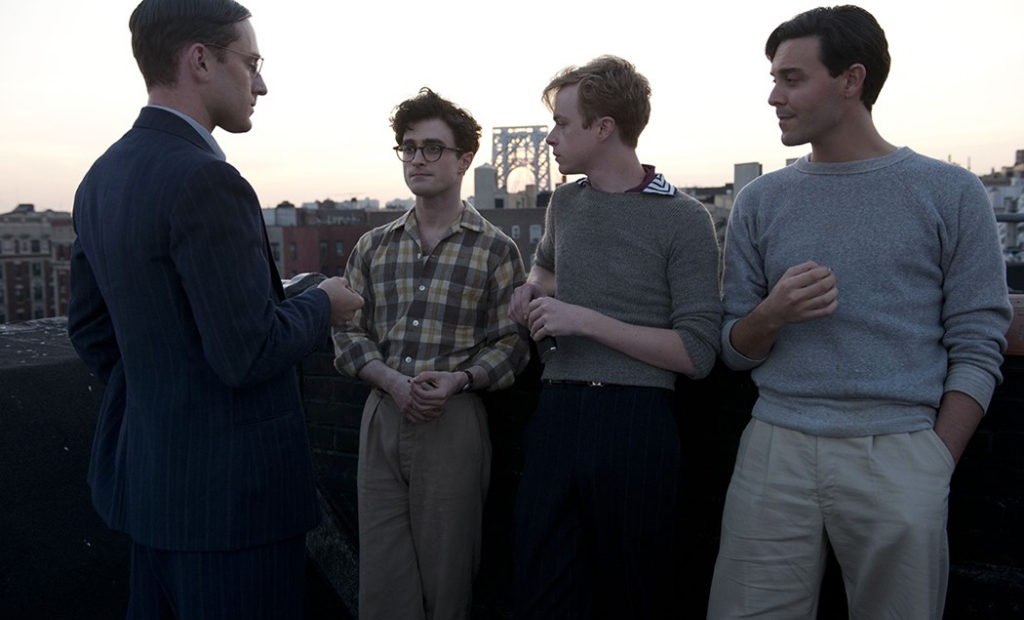
Ahead of the release of his directorial debut Kill Your Darlings, John Krokidas talks to The Upcoming.
What was it about this story that made you want to bring it to the screen?
My best friend and college roommate was the one that brought the story to me first, just wanting my opinion on whether or not it would make a good play. I convinced him, of course, in my Machiavellian directorial ways, to make a film out of this with me. It was a story about some of our favourite authors and artistic influences… it was a story that had never been told before. I think on a deeper emotional level, for me, the fact you could get away with murder by claiming your victim was a homosexual just really pissed me off and provided the fire.
How did you prepare to both write and direct the film?
Writing is just something that, believe it or not, I’ve struggled to become better at over the years. I went to the NYU Graduate Film Program, where you’re forced to make a couple of short films and write your own, and that was the first time I really had to focus on what dramatic writing was.
I ended up getting a deal writing a script for Miramax, writing other projects that kept me financially afloat – kind of like my day job while I spent all these years trying to get Kill Your Darlings made.
Is it true you were originally going to make it as a film noir? If so, what made you change your mind?
Believe it or not, there are still some elements of film noir in there. The movie is set in 1944 and that’s the year that Double Indemnity won best picture – it’s the year of Gilda, a real high point in the era of American film noir. There was a point even in the writing process where I turned to Austin [Bunn] and was like “We are doing a story about a murder… what if we started structuring it like a film noir?” Ergo starting the movie with a heightened point in tension – murder – and then flashing back to more innocent times, and wondering whether the characters will ultimately become free of the fate that we saw for them.
I started designing [the movie] in a much more stylised way, but what I realised when I looked at it at a more thematic level was that the film, for me, was really about the transition from conformity to non-conformity.
During the World War II era in the States, swing music was giving way to bebop/jazz, modernist painting was giving way to Jackson Pollock who was beginning his “drip” paintings. There was a sudden break from the regularity of a one-two-three-four beat into an anarchic explosion of rhythm and I wanted to somehow translate that to the emotional journeys of the characters, since that’s what these guys were trying to do with words.
So the noir stayed there, but became this journey going from something much more controlling to something much more freeform and expressive. Once the crime has been committed the camera goes back on the sticks and we’re in a 40s crime film once again.
How did Michael C. Hall come aboard the project?
We kind of wrote the role for him. We always had him in mind, and not because David Kammerer is historically redheaded and had a beard. I thought it would be really cool to subvert everyone’s expectations, since I think when the character begins you believe him to be so nefarious, and I knew people would have expectations with Dexter all of a sudden showing up on screen. But then as the film progresses, he obviously becomes much more human and somewhat sympathetic. I’ve loved Michael since Six Feet Under, and casting him in the role was a way that we could cleverly play with people’s expectations
He claims that when we first sat down together, he said that I would be an asshole if I didn’t cast him. I’m pretty sure he was being sarcastic but in any case he was right, and he did an amazing job.
What made you choose Daniel Radcliffe to play Ginsberg?
Dan was an idea that I had one night. I was writing down a list of all the young actors I admired, and when I wrote down his name I really thought to myself that perhaps Daniel Radcliffe could relate to the character of Allen Ginsberg in the movie.
Ginsberg starts off being the dutiful son, beloved for showing the world just one side of himself, meeting his parents’ expectations and trying to be the best little boy he can.
Of course by the end of the movie, he has rebelled and shown all of this passion: he’s fallen in love for the first time, he’s had sex for the first time and he’s a self-proclaimed artist. He drops out of school and he really goes against what the world expected of him, and shows the audience and the characters in the film that he’s his own person and that there is much more to him than anyone initially thought… I had a feeling Dan would be able to identify with this.
And that feeling obviously paid off to some degree, and the next thing I knew, I was having coffee with him.
How was that?
It was just one of those rare times when you meet somebody with a similar operation system to you. Within a short time of sitting down with each other, we started sharing intimate secrets about our lives with one another. You need to have a level of trust, I always believe, between an actor and the director – especially when you’re a first time director and you have no work to back you up.
I won’t lie, I knew inherently when casting Dan that I was subverting audience expectations again. I knew what people thought of him. I knew people wondered whether or not there was more to him than the one character he’d played for most of his life.
I did some improv games with him and had him read a couple of scenes from the script. I saw, to be honest, a certain level of emotional depth, and anger, and sadness that wasn’t in any of the Harry Potter performances. And I said “Yes! Everything I need is here.”
The love scenes were quite tender. Is that how you wanted them to play out?
Absolutely. In the scene it’s not a crazy one-nighter that Ginsberg is looking for, it’s the emotional and physical intimacy that he’s unable to get with Lucien thus far. Which is why there is that moment – I don’t want to give a spoiler alert – there is a pivot point in the scene, where you see it going one direction and then you find out it’s going somewhere much more subtle and intimate.
The scene was not about shocking the world. I knew the fact that Daniel Radcliffe playing Allen Ginsberg, in bed with another man with his legs up in the air, was shocking enough. What it was about, like any of our first times having sex, it’s not necessarily a) sexy or b) salacious, or dirty, or fun the way it’s usually depicted in movies. It’s messy, it’s scary, it’s emotional and for most of us – especially in the first time – what you’re looking for is a real intimate connection with your partner. Well perhaps not all of us, but at least me, and Allen Ginsberg in the film.
Jack Hill
Kill Your Darlings is released nationwide on 18th October 2013.
Watch the trailer for Kill Your Darlings here:


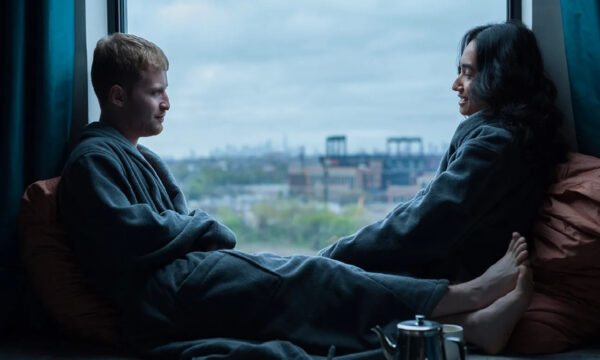
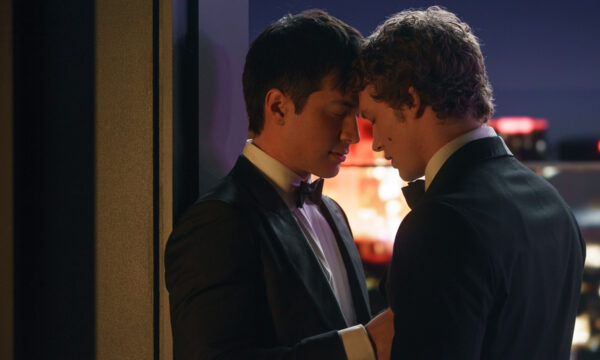
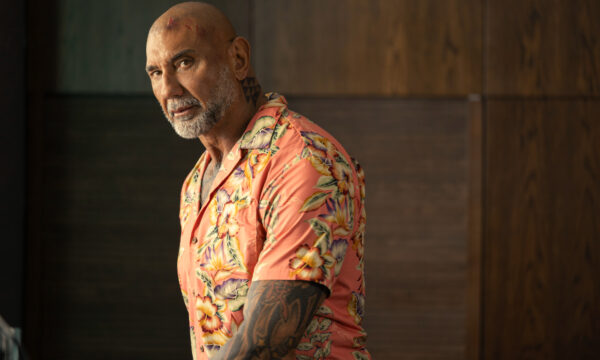
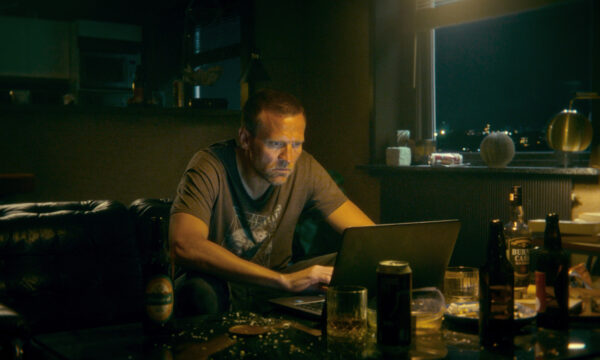
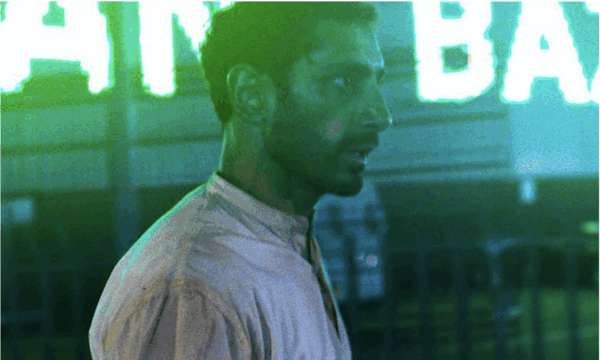
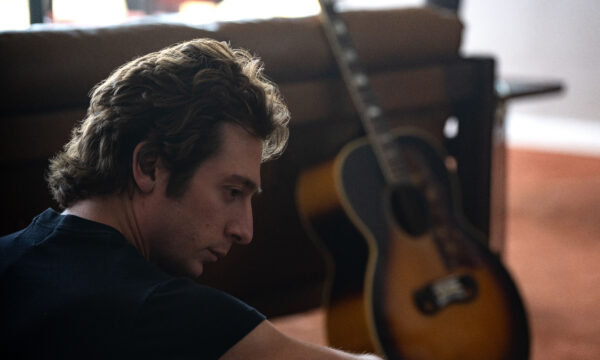
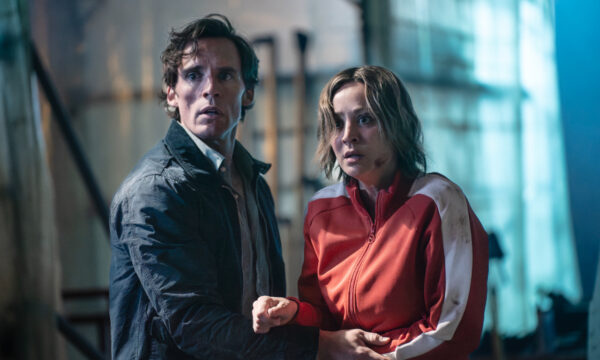
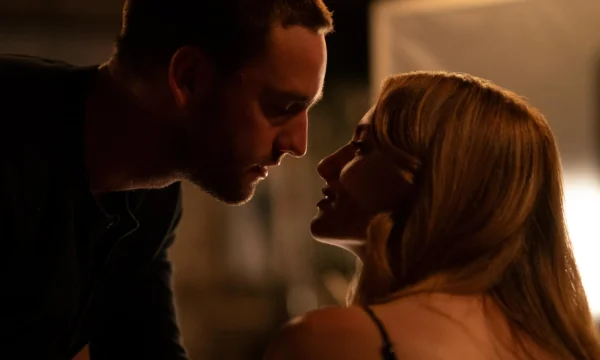
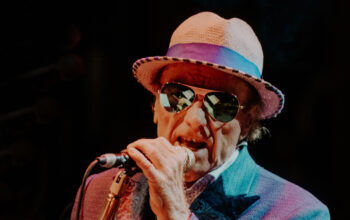
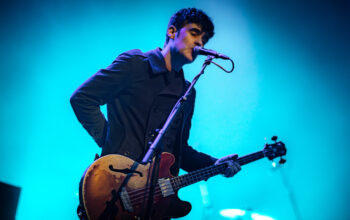
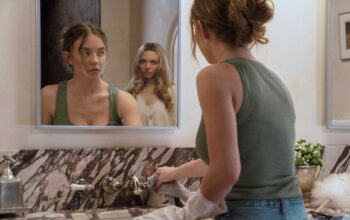
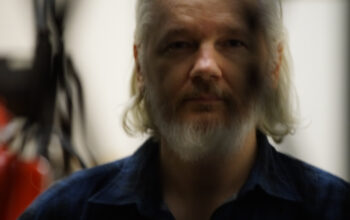

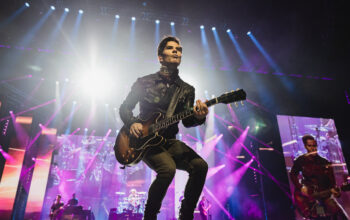
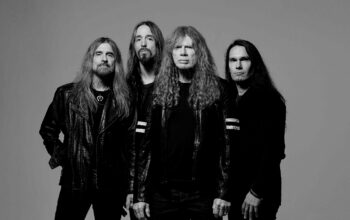
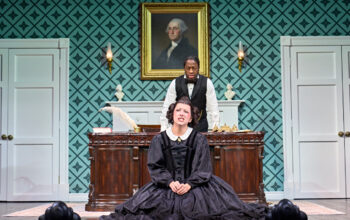
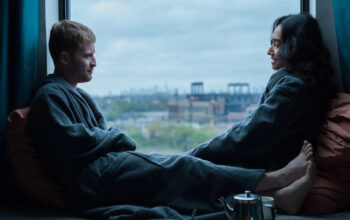





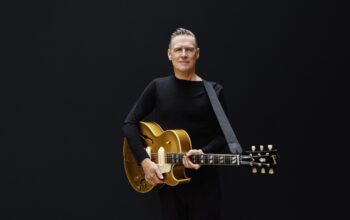
Facebook
Twitter
Instagram
YouTube
RSS